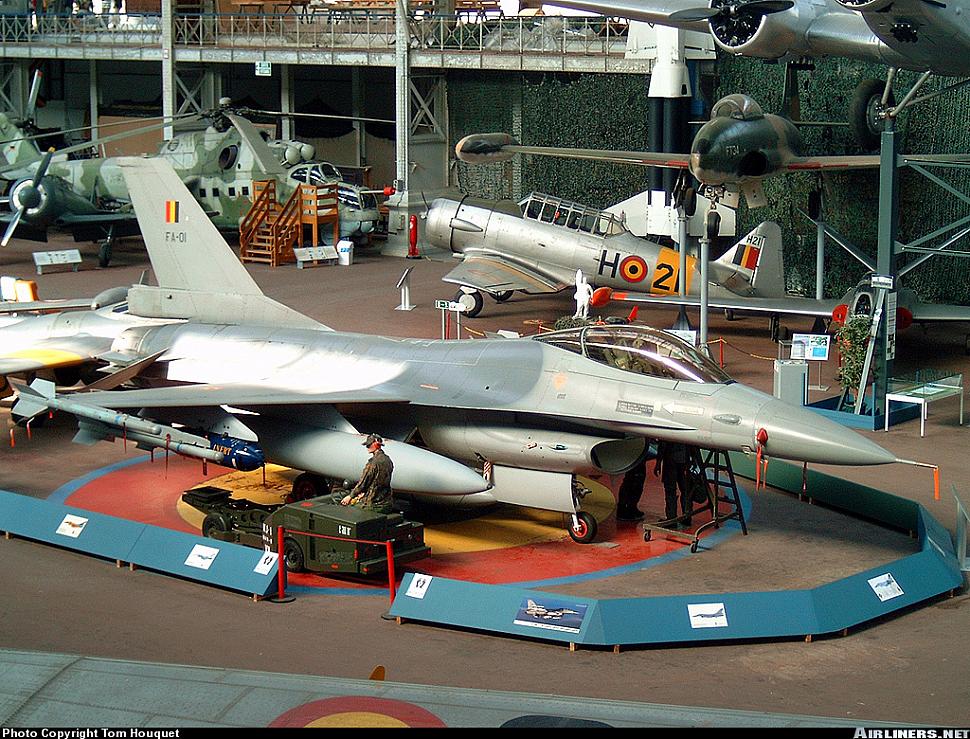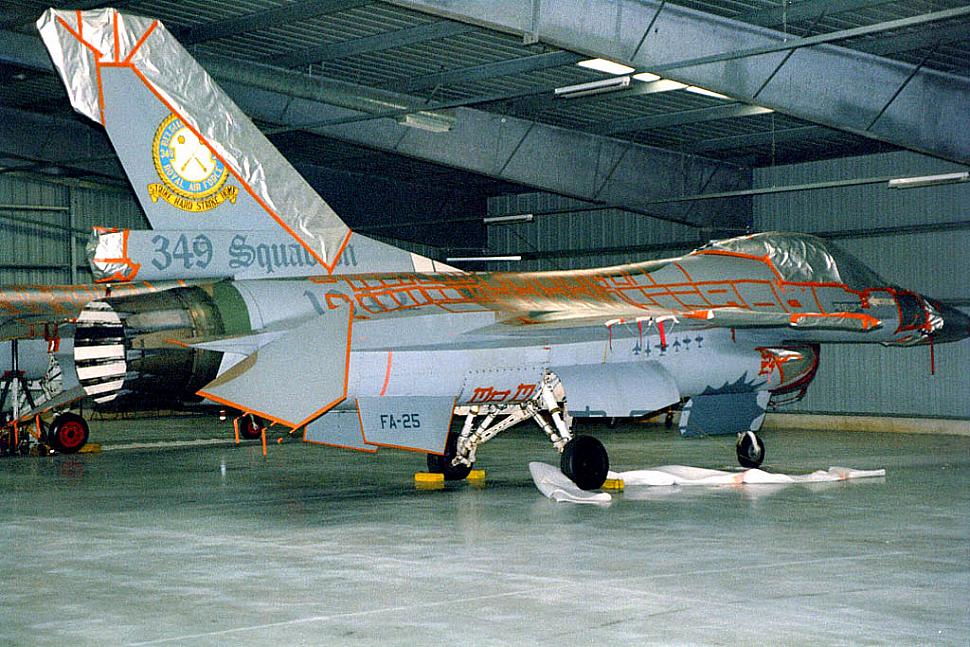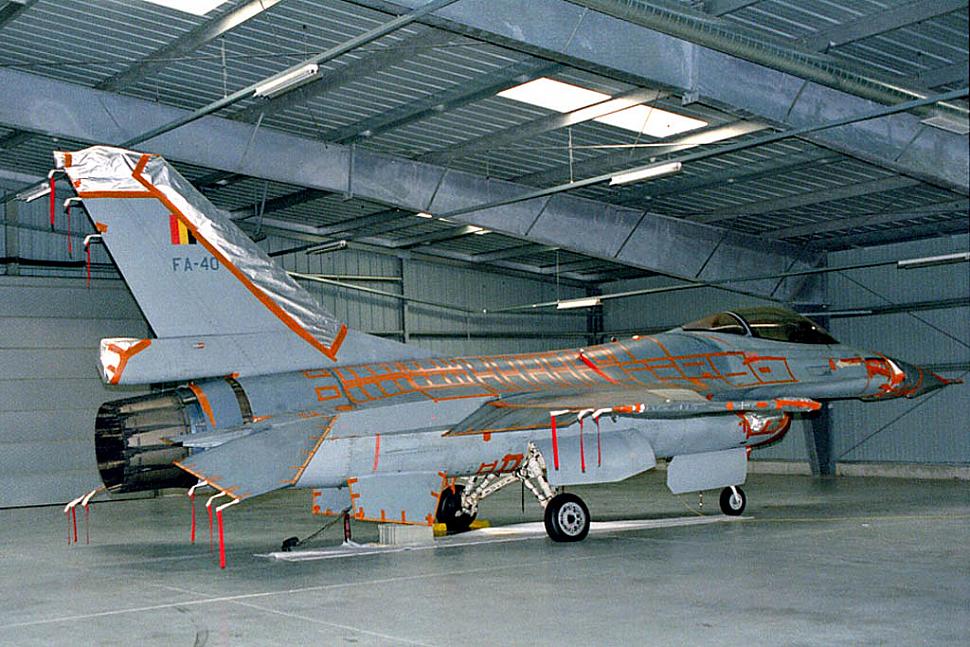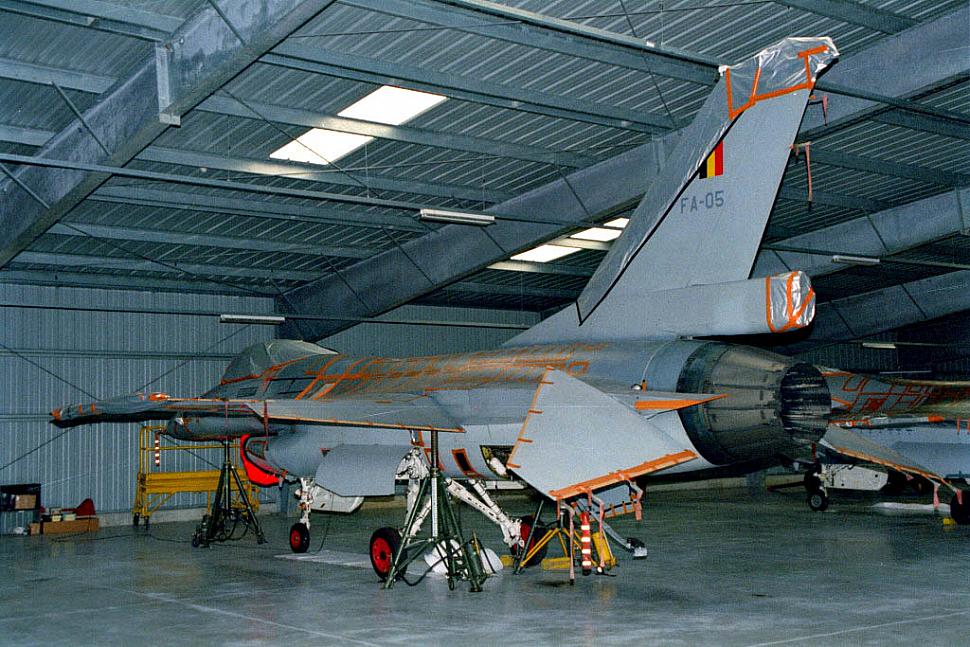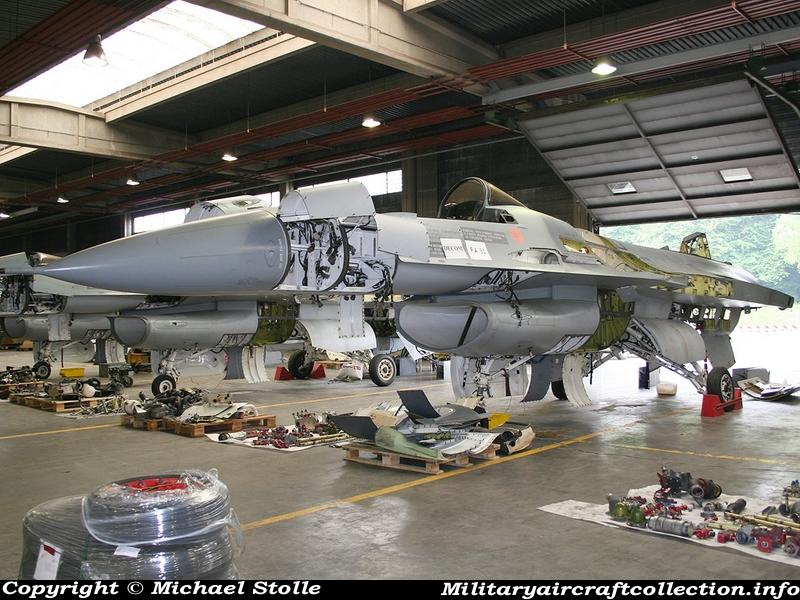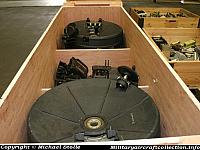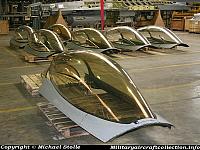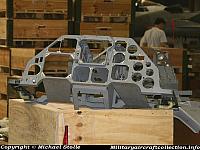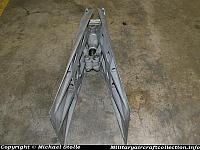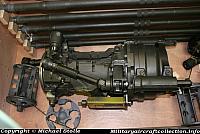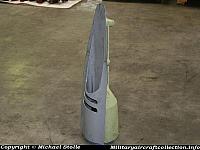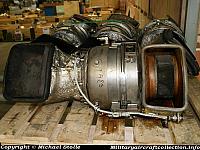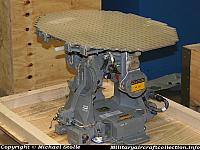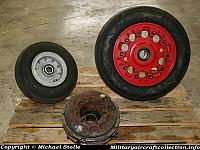Featured Articles
Rocourt dismantling complex
Introduction
Since the end of the Cold War, numerous countries have reduced the number of combat aircraft. Belgium is certainly no exception to that. As much as 31 older airframes were stored at Weelde AB (NATO reserve field up to 1994) in anticipation of being sold on the international market. No buyer was found and all airframes where given up to be scrapped. This is how the story continues.....Reducing forces
In 1991-1992 the Belgian government decided on a number of defence cutbacks aimed at lowering the national budget defecit. Whereas in a 1991 proposal (Charlier I), the Belgian Air Force would retain a fighter force of 130 aircraft (and would keep all of its F-16s) the definitive 1992 plan (Charlier II - Delcroix) left the Belgian Air Force staff with a serious headache. Only 90 F-16s would be kept operational in a force structure with 2 Wings (2Wing and 10Wing) with each 3 squadrons (1sqn [2W], 2sqn [2W], 23sqn [10W], 31sqn [10W], 349sqn [10W, coming from 1W (Beauvechain AB)], 350sqn [2W, coming from 1W (Beauvechain AB)]) of 12 aircraft and an OCU [10W, coming from 1W (Beauvechain AB)].
These remaining aircraft where to receive the MLU (Mid-Life Update) aimed at improving the maintainability and survivability of these aircraft well into the 21st century. Seperate programs would also allow the introduction of highly sophisticated weapon systems and a stronger physical strenghth was envisioned to keep those airframes operational untill 2020. An agreement on the MLU was signed on January 26th, 1993 with the Belgian MLU order only covering an initial 48 aircraft with options on the remaining 24 and 18 aircraft. Since the cost of maintaining two different types of F-16s would be too high it was ultimately decided that all the 90 operational aircraft (72 single-seaters and 18 two seaters) would be upgraded with the MLU package. Together with this decision, it was foreseen that an extra 10 airframes would be kept operational until the MLU program was completed. This way, all units could be kept flying during the upgrade process.
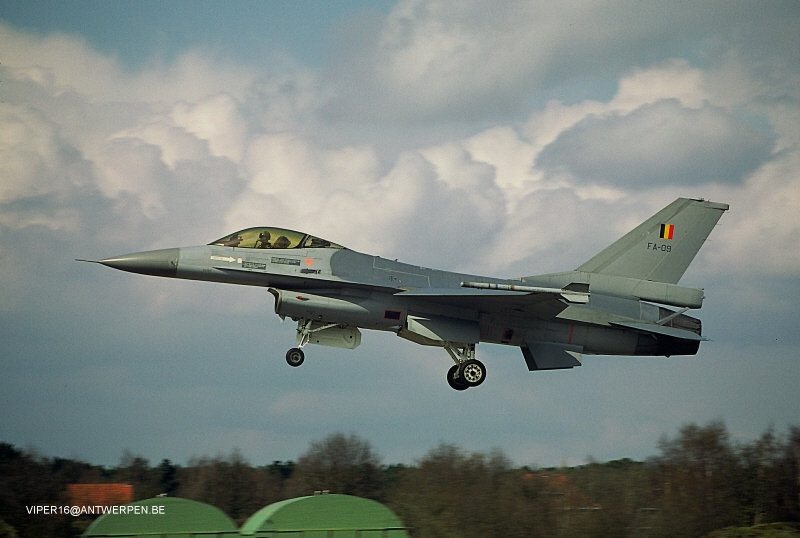
Preserved aircraft (longterm storage)
The following aircraft are in long-term storage:Preserved aircraft (shortterm storage)
- #FA-01: Went to the Royal Army Museum (Brussels)
- #FA-04: Went to the Florennes AB Museum
- #FA-05: Used as a permanent traveling exhibit
- #FA-22: Went to Florennes AB for Battle Damage Repair Training (BDRT)
- #FA-25: Stored at Kleine-Brogel AB
- #FA-38: Went to Kleine-Brogel AB as instructional airframe
- #FA-44: Stored at Florennes AB
- #FB-03: Went to Saffraanberg Technical School
Dismantling
After the Belgian government had tried to sell these aircraft on the second-hand market from 1994 till 2003, no buyer was interested in these older block 1, 5 and 10 aircraft. In 2004 it was decided that these aircraft would be easier to sell as spare parts for existing airframes then to keep them into storage any longer. A spare parts reclamation process was started to enhance the residual value of these aircraft.
The first airframes were transported to the 'Centre de Compétence du Matériel Roulant et Armement (CCR&A) / Competentiecentrum van het Rijdend Materiaal en de Bewapening (CCR&B)' better known as the Arsenal of Rocourt (near LièGE) for dismantling. At the end of 2004 the two last operational non-MLU F-16s were withdrawn from use since the MLU program was finished at that time.
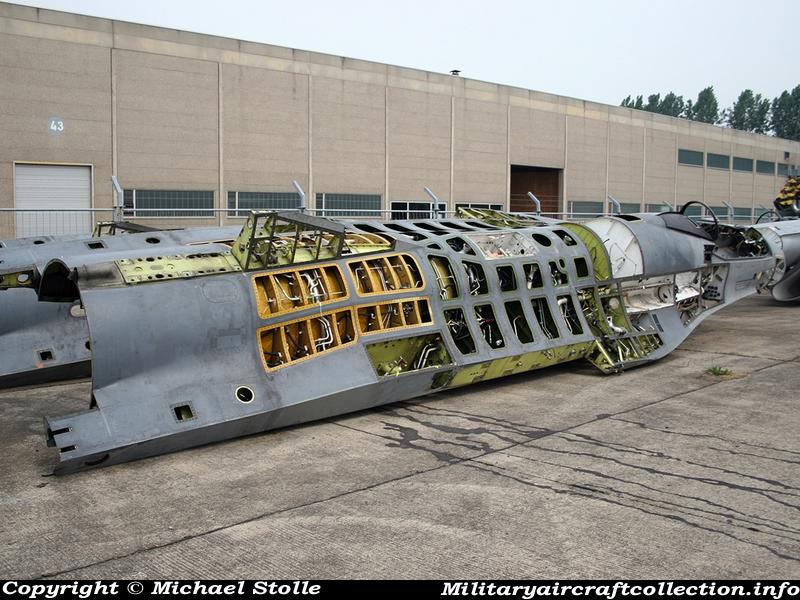
At Rocourt, the aircraft are carefully dismantled and all valuable parts are recorded and packed. A limited number of parts is recovered by the Belgian Air Force for the maintenance of its operational fleet. The rest will be sold by batches to dealers, technical schools and scrapyards.
It happened in the past with other air forces that individual F-16s where scrapped for spare parts reclamation. This dismantling process by the Belgian Air Force however is the first in its kind worldwide where a vast amount of airframes is dismantled together for spare parts reclamation and where the remainder of the airframe is scrapped immediately after.
Reclamation parts
Rest in piece...................
Please use this form to add any list any error or omissions you find in the above text.
Note: your comments will be displayed immediately on this page. If you wish to send a private comment to the webmasters, please use the Contact Us link.

